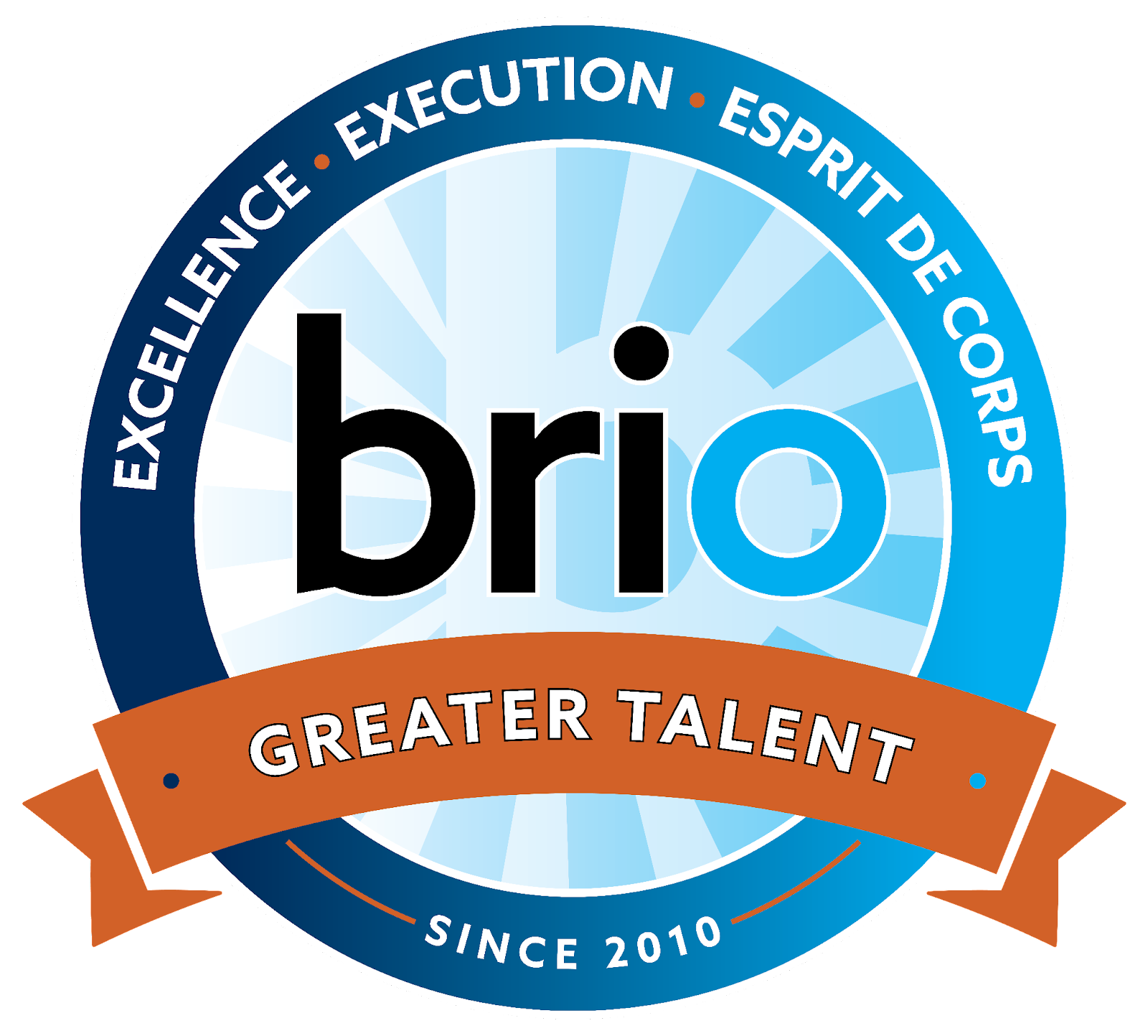
SHARE
Interviews are an important part of the recruitment process for any organization, but they can be especially critical in the biotech, pharma, and CRO industries.
Interviewers need to have a particular set of skills to ensure that they can evaluate candidates properly and make sure that their organization is hiring the best person for the job.
Frame the Right Way for the Right Results
When framing questions for the interview, it is important to consider the job requirements and how they correspond with the candidate’s skills and experience.
Interviewers should also prepare questions that give insight into the candidate’s ability to think on their feet, problem-solve, and communicate clearly. It is also beneficial to ask open-ended questions that allow candidates to expand upon their answers and provide greater detail about their expertise in a certain area.
Evaluate Candidates With This in Mind
When evaluating candidates, it is important for interviewers to focus both on a candidate’s technical skills as well as the cultural fit of the individual within the organization.
This means looking beyond just an applicant’s qualifications and assessing soft skills such as leadership potential, communication style, and ability to collaborate. It is also important to consider a candidate’s capacity for growth, as the biotech and pharma industries are rapidly evolving fields that require continual learning and adaptation.
In fact, these soft skills like motivation, attitude, and teamwork tend to have more of an impact than even their technical skills. In fact, according to LinkedIn’s Global Talent Trends report, 89 percent of recruiters say when a hire doesn’t work out, it usually comes down to a lack of soft skills.
Make it an Interview They Will Remember Fondly
Creating a positive interview experience can help ensure that potential candidates are comfortable and able to showcase their skills.
Interviewers should strive to create an environment where questions are asked in a respectful manner, feedback is provided throughout the process, and candidates feel respected during the interview. Having appropriate resources available, such as reference materials or additional team members present, if necessary, can also help make the experience more productive and efficient.
Follow Up is Critical
Finally, it is essential to provide feedback after each stage of the interview process. Providing honest assessments of applicants’ strengths and weaknesses can help ensure that the best candidate is chosen for the position and can also provide valuable insight into how to improve overall interviewing techniques.
Interviewing potential employees in the biotech, pharma, and CRO industries requires preparation and a clear understanding of your priorities.
Interviewers should focus on properly framing questions to get an accurate assessment of a candidate’s skills, evaluating both technical and cultural fit within the organization, creating a positive interview experience, and providing feedback after each stage of the process. Doing so will help ensure that organizations are able to find great candidates who are well-suited for their specific needs.
If you are looking for companies that offer competitive salary packages, Brio Resource Groups in the Biopharma industry can help you find the right job.



